Legal Game Meat
From ranch to table
In Zambia, when people hear the term game meat or bushmeat a dried peppered meat known as nyama yamu sanga is the first image that comes to mind. But lately, wild game meat is becoming increasingly popular, and this time it’s not just the dried version like nyama yamu sanga.
Zambians have a long standing history with the consumption of wild game meat, however, most of the meat consumed over the last few decades has been illegally harvested, or poached, from the country’s network of protected areas. There is, however, a growing number of adventurous Zambians who are looking at the consumption of legal game meat as a way of celebrating their culture and identity. For evidence of this, go no further than the Radisson Blu Hotel in the heart of Lusaka. Here, Johan Klang, the hotel’s general manager, offers a half dozen types of game meat on a nightly basis. On any night the hotel’s chef offers kudu, puku, eland or impala.

There is, however, a growing number of adventurous Zambians who are looking at the consumption of legal game meat as a way of celebrating their culture and identity.
“Now people are beginning to understand that they no longer have to settle for dry meat, that they can enjoy fresh game meat,” says Klang.
With the rising demand for game meat comes the responsibility to source game meat legally and sustainably. As the game ranching sector continues to grow, everybody is getting in on the action, from local communities and customary chiefdoms to safari operators to butchers and restaurants.
What is the process of producing legal game meat? And, how does it find its way from the farm to table, or in this case, to a fancy, candlelit table in Radisson Blu?
To understand the processes involved in producing legal game meat, the Wildlife Producers Association of Zambia (WPAZ), the country’s preeminent organisation advocating for the game ranching sector, interviewed several people within the legal game meat value chain, including a legal game meat supplier and a butcher. There are more than 100 wildlife game
ranches across Zambia. Some are plugged into the game meat processing and marketing sectors of the value chain, but many are not.
George Van Wyk, the owner of Professional Animal Harvesting and Management and WPAZ executive committee member, says the legal game meat production process starts with the selection of the animal, involves government inspections, cold transportation, packaging, and lastly, marketing to a variety of channels, including retailers, hotels and individuals.
“The selection of animals is not as easy as it sounds,” says George Van Wyk. “Issues with the animal’s health and conditions, the biodiversity of the area, the impact on stocks, among others, must be considered.”
With the rising demand for game meat and the potential it has to provide rural communities with much needed income and a role in natural resource management structures, the government is heavily involved in regulating meat through the Veterinary Department and Department of National Parks and Wildlife (DNPW). Game ranchers must carry valid registration documents such as the Permit to Keep Animals in Captivity, Certificate of Ownership and Annual Return forms to engage in wildlife production. WPAZ helps its members navigate all these forms and works with the government to ensure that its members comply with the regulations mandated by the Veterinary Department (Meat Inspection Certificate) to produce game meat on the market that is safe and disease-free for human consumption.
When these steps are done, legal game meat might reach Christopher Mutale who runs the Delicasa Butchery in Lusaka. Mutale says that, in Zambia, the demand for the legal game meat far surpasses the supply, and in terms of consumption, Zambia still lags behind South Africa and Namibia in legal game meat consumption.
Branding Game Meat

Game meat comes from protected areas all over Zambia and when killed and processed by poachers, there are no guarantees that the meat is healthy. Poachers illegally enter national parks, game management areas and private ranches to hunt indiscriminately.
To make everyday Zambians, especially urban dwellers, see this dynamic, the DNPW has teamed up with the Wildlife Crime Prevention (WCP) to create a social media campaign called This is Not a Game to warn consumers of the dangers of illegally sourced game meat. Along with raising awareness, the campaign is helping retailers to improve packaging and marketing to attract new buyers.
“It’s like any other business, the packaging and branding play a role. The Wildlife Crime Prevention campaign has helped people to see that healthy game meat can be nicely packaged and legally sold,” explains Mutale. “Still, accessing game meat year round can be hard at times and the butchery can go for several weeks without meat.”
Changing a long-held mindset is no easy task. Consumers prefer to imagine game meat as dried or smoked because it fits into their perception of game meat and where it belongs. Now WPAZ is building on the campaign’s momentum and currently partnering with USAID to consolidate the experience of its members, helping grow the supply and demand of legal game meat and supporting the increased inclusion of communities and customary land in the wildlife economy.
Opportunities in game ranching
“With the realisation that legal game meat contributes to food security, the Zambian government and farmers have shown interest in the industry,” says George Van Wyk. He also added that game ranching creates new job opportunities for Zambians, such as game meat traders and feed traders.
As an organisation with the experience of paving the way for creating a successful game ranch, WPAZ guides associates and new ranchers with the type of information and best practices that have helped its 60 members improve their businesses. With decades of experience, WPAZ provides market-smart analyses of the country’s game ranching sector and plays an important role in advocacy on behalf of game ranchers and all other players within the legal game meat value chain.
Back at the Radisson Blu, Johan Klang prepares for another night of patrons and questions about what game meat is on tonight’s menu. “Game meat is the best way to showcase Zambia to our international guests, and they tell us how much they love it,” he says.



